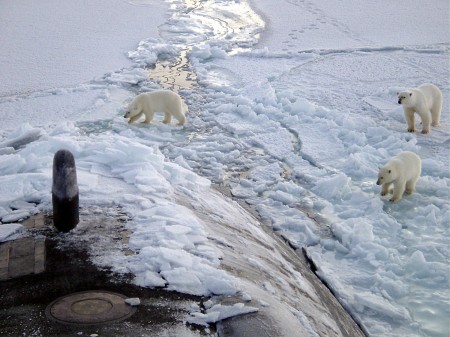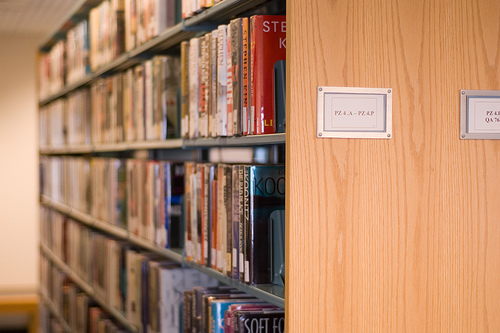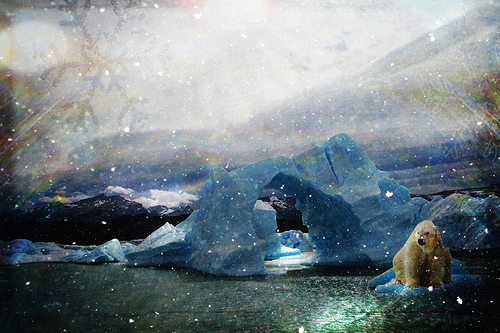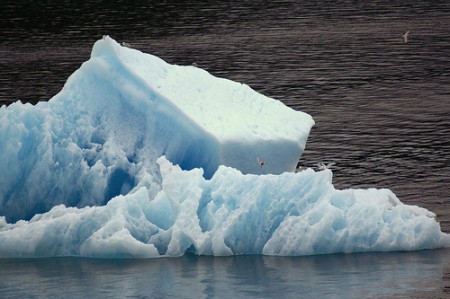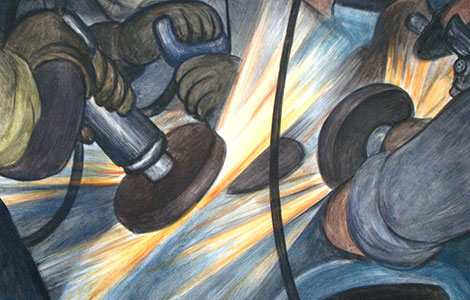
This article was originally published by the Danish Insitute for International Studies (DIIS) on 15 June 2017.
Rebooting the Franco-German locomotive of European integration is a key condition for reviving the fading EU project. Compromises will have to be made on fiscal and defence policies, and it is unclear whether the parties have the political capital necessary.
The election of pro-European Emmanuel Macron as president of France has reignited hopes that the so-called Franco-German engine, providing political impetus to European integration in the past decades, might be revived. While Macron’s election proved a rebuke to the populist challenge, it remains to be seen whether and how it will manage to rebalance the partnership with Berlin, which is overwhelmingly premised on Germany’s growing strength and clout at the European level. While pronouncing herself supportive of the new course in Paris, Chancellor Angela Merkel, like the rest of Europe, remains in a wait-and-see position regarding the ability of President Macron to fulfil his ambitious pro-EU agenda.

